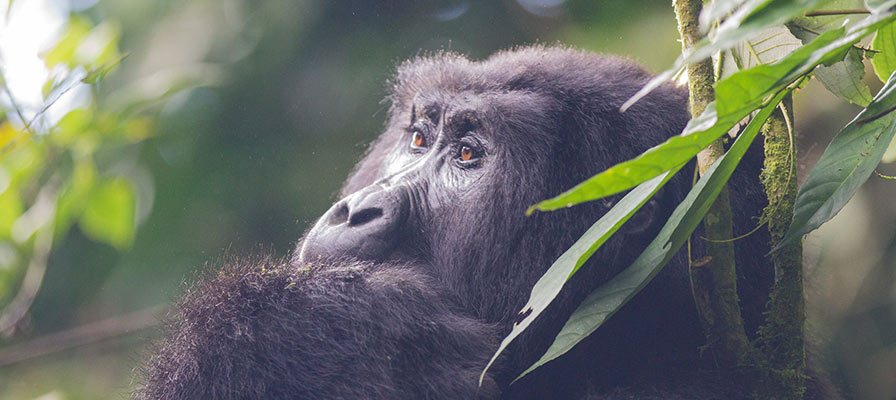Known as home to one of the world’s big family, Zimbabwe is considering culling, the mass killing of elephants, as a possible measure to manage the ever growing elephant population that currently is terrorizing the country’s natural resource.
If enacted, this will be the first time since 1988 the country is choosing mass killing to reduce the 100,000 strong population of the animals.
Zimbabwe has the world’s second-largest population of elephants after neighboring Botswana. Zimbabwe’s government maintains that the large number of the animals is leading to destruction of habitat needed by other species and an increasing number of dangerous human-elephant interactions.
On average, an adult elephants can eat 300 kilograms (660 pounds) of vegetation a day and often strip bark from trees, killing them.
“We are trying to see ways in which we can reduce the numbers. We have to discuss it at policy level as government,” Mangaliso Ndlovu, the Environment, Climate, Tourism and Hospitality Minister, said Wednesday in an interview carried by the state-controlled Zimpapers Television Network.
“Options are on the table, including culling.” No further details were given.
While elephant numbers have fallen in total over the last few decades, Southern African nations, including Zimbabwe, have seen their populations of the animals rise.
While culling has been avoided across the region after protests from environmental activists, Botswana and Zimbabwe have in recent years asserted the right to manage their elephant numbers as they see fit.
Another (less common) reason for culling these animals would be to rid the present population of some sort of disease or illness and to prevent others from contracting it.
“It’s an option but not a decision yet,” Ndlovu said by text message. “We will obviously rely on scientific advice.” The southern African nation is undergoing a review of its Parks and Wildlife Act to collate views on how to better manage its wildlife resources.
Zimbabwe killed more than 50,000 elephants when it carried out culling on five occasions between 1965 and 1988, according to the Zimbabwe Parks and Wildlife Management Authority.
Uganda, Zambia and South Africa have also culled elephants in the past.
When elephants are culled family groups, or herds, are shot in their entirety to prevent post traumatic stress for surviving animals. While the farmer benefits financially, this leads to a generation that has not benefitted from the discipline and important life training that they would ordinarily receive from their elders. Without this discipline, this generation becomes unruly and even dangerous, often displaying unpredictable behaviour towards humans and other animals.
“The only way to manage elephant populations by culling is to take out entire herds,” said Rob Lurie, chairman of the Zimbabwe Professional Hunters and Guides Association. “It’s not an easy task and would require a lot of manpower and financing to be done correctly.”
Other methods of population control include contraception and translocation.
Anti-culling groups generally demand that birth control be implemented and the killing of animals stopped. However, that is a long-term solution to a present problem. In these cases, culling is considered to be the only viable short-term solution. It is also less costly than relocating the animals and can, in fact, be fairly lucrative as tusks leather and live juveniles are sold for a profit.
In the face of continued opposition from animal rights’ groups and activists, experts maintain that culling is frequently the only solution to a growing problem. There are, however, many negative implications created by such a rash and indiscriminate slaughter of such powerful, intelligent and valuable creatures. Whether these manifest themselves immediately or generations into the future, it is inconceivable that such interference with nature could hold no implications for the future.
About Guide2Uganda
Guide2Uganda (www.guide2uganda.ug) is the most comprehensive source of travel information about Uganda that exists on the web, with more content on its cities & towns, accommodation, attractions, events, museums and galleries than any other online guide that currently exists for Uganda; as well as being a dynamic travel news and events driven site with fresh content added daily.
According to WeFollow & Peer Index (that measure online influence), we are among the most influential online media organizations in Uganda. Guide2Uganda was also awarded ‘’Best Destination Website in Uganda’’ by Jumia Travel Uganda in the 2018 Africa Travel Awards.
Share your travel stories & photos with the world via email: info@guide2uganda.ug



